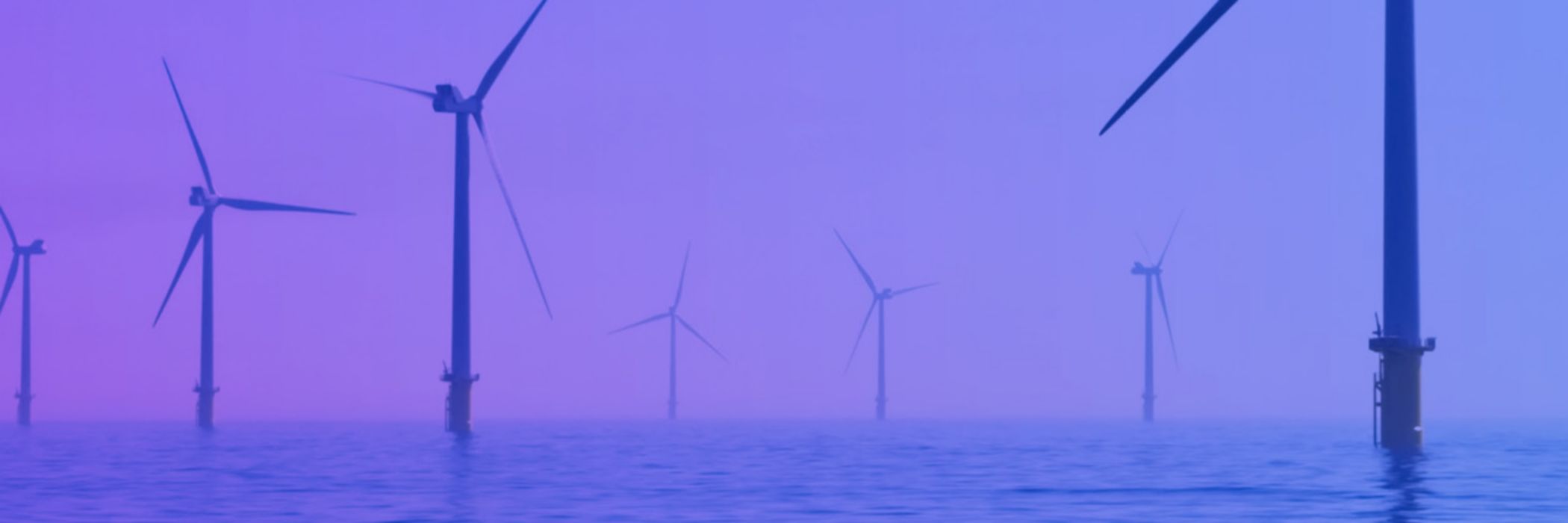Hydrogen as an energy carrier plays an essential role in Germany in order to achieve the climate goals that have been set. This requires far more hydrogen than Germany alone can produce. Therefore, partnerships with hydrogen exporters like Scotland, which have both the technical expertise and the potential for hydrogen exports, are essential.
Scot2Ger: Hydrogen from wind energy
We present an example of such a network in the white paper "Green Hydrogen". The Scot2Ger project initiative, presented last year at the UN Climate Change Conference, was co-founded by Sylvia Trage, Director, Consulting at KPMG and an expert in value chain transformation. Based on an end-to-end supply chain, green hydrogen is to be produced in Scotland by wind energy and transported to Germany.
The long-term goal of the first hydrogen pilot project is to expand the market potential to other projects and markets under the aspect of supply chain replicability. The aim is to exploit the associated future cost-cutting potential and at the same time reduce CO2 emissions. In addition, the scalability of the supply chain is to be investigated and the expansion of a hydrogen infrastructure is to be advanced.
Michael Salcher
Regional Head East, Head of Energy & Natural Resources
KPMG AG Wirtschaftsprüfungsgesellschaft
Transport infrastructure
An important aspect of the supply and delivery of green hydrogen is transport. For the time being, the hydrogen produced in Scotland is transported by land and sea in cryogenic containers. In a future market ramp-up, the use of a hydrogen tanker for liquid hydrogen is also conceivable. Gaseous hydrogen could increasingly be transported via pipelines. With a steady expansion, hydrogen can be transported more cost-efficiently and faster.
Regulatory
Legislation also plays a decisive role in the success of hydrogen technology. A simplification of the corresponding regulations or a higher CO2 price would drive the trend towards decarbonisation with green hydrogen.
Production capacities
To ensure that the quantities demanded can then be met, it is important to secure sufficient production capacities in good time. In addition to Scotland, other European countries that have promising access to wind energy (for example Ireland) are also possible producers of green hydrogen.
The role of KPMG
As part of this initiative, KPMG in Germany analysed the customer side in Germany and the transport from a Scottish port.
transport from a Scottish port and gained crucial insights into the development of a European supply chain for green hydrogen.
Initial use cases exist in particular in the mobility sector, in intralogistics applications in industrial operations and in the initial decarbonisation of gas-fired power plants.
For a successful pilot project implementation, technological equipment for the supply and transport of hydrogen as well as a network with strong partners is required.
Learn more about this in our white paper "Green Hydrogen", which you can download here.


